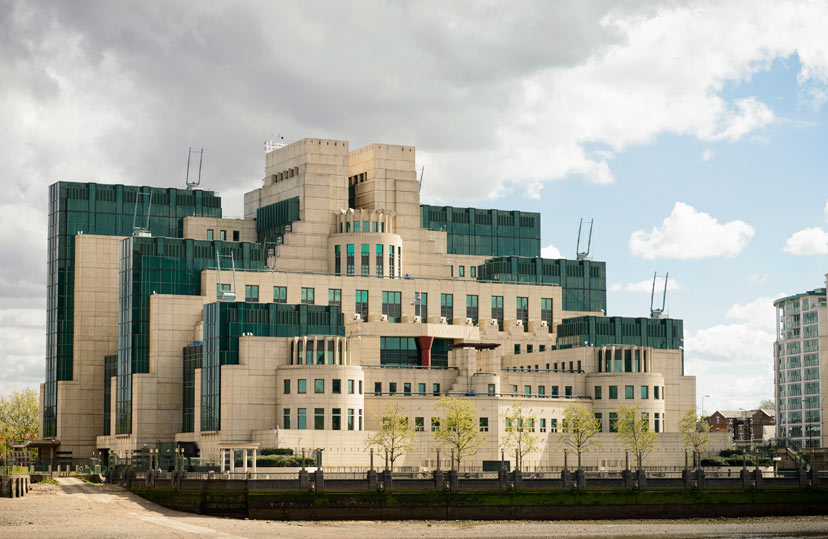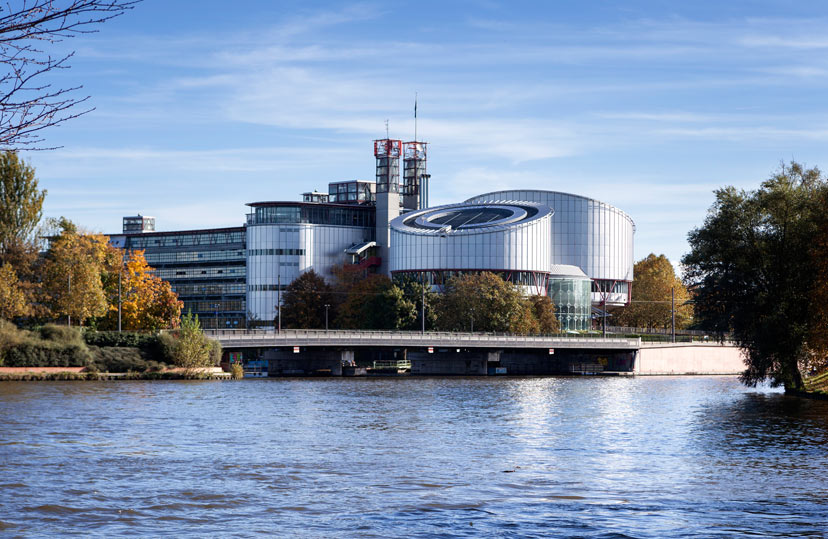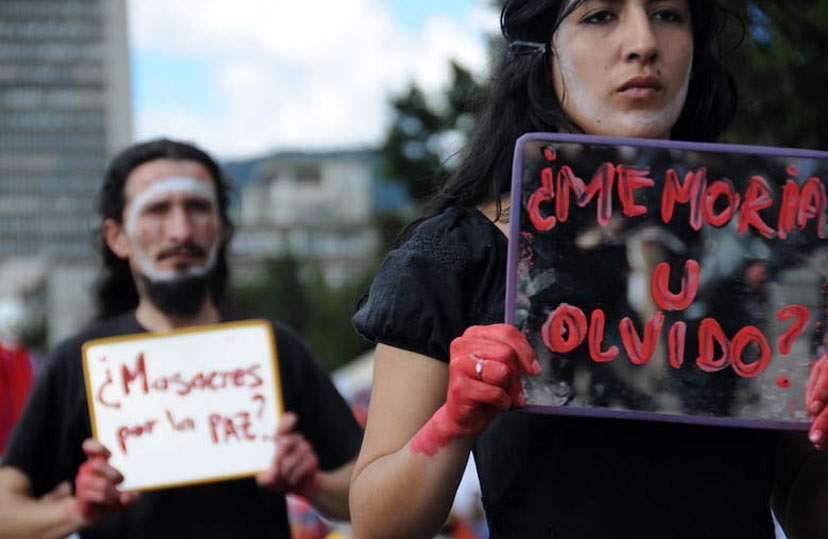Much of our work involves international issues. This might mean using international human rights law to help a client’s case, or it might be advising victims of human rights breaches by foreign governments regarding accountability in the UK, or it may involve litigating wrongful acts by the UK government or UK corporations overseas. We also have significant experience in taking cases to international courts, primarily the European Court of Human Rights.
We have considerable experience in advising clients in the UK and internationally, and overcoming the logistical, jurisdictional, and legal challenges that these cases present. We are one of a handful of firms whose work in this area has been recognised in the Chambers Guide’s spotlight on international human rights law.
We regularly collaborate with and act for NGOs on international cases such as Amnesty International, Human Rights Watch, Big Brother Watch; Open Rights Group; Privacy International; Kalayaan, the ECCHR, FIDH, Reprieve, Redress, and International Rights Advocates, as well as country and region-specific NGOs like the Gulf Human Rights Centre, BIRD and Arab Organisation for Human Rights in the UK. We have also worked with academics and student law clinics, including Cardiff University and the King’s College London Legal Clinic.
Some examples of our work in this area:
- Acting for Amnesty International and Human Rights Watch in their intervention in the High Court judicial review proceedings regarding arms exports to Israel in 2024.
- Acting for a victim of unlawful rendition, torture and arbitrary detention in Iraq and Afghanistan in a high-profile damages claim against the UK government (successfully settled).
- A series of cases for persons assisting the UK mission in Afghanistan (interpreters, judges and guards amongst others) in securing evacuation from Afghanistan and relocation to the UK applying the UK’s Afghan ‘ARAP’ and ‘ACRS’ schemes (see e.g. here).
- Representing Big Brother Watch, Open Rights Group and others before the European Court of Human Rights Grand Chamber in the landmark Big Brother Watch case establishing hat the UK’s surveillance regime was unlawful.
- Acting for Amnesty International and others in their intervention in the High Court and Court of Appeal proceedings regarding UK arms exports to Saudi Arabia (R (Campaign Against the Arms Trade v Secretary of State for International Trade).
- The first judicial review to confirm the UK Foreign Office’s duty to carry out an “Overseas Security and Justice Assistance” risk assessment before collaborating with foreign regimes which may engage in human rights violations like torture, like Sudan and Saudi Arabia.
- Successful judicial reviews of UK government decisions in relation to the prosecution of and application of immigration controls to persons suspected of torture overseas.
- Civil claims and complaints under human rights mechanisms such as the OECD Guidelines for Multinational Enterprises against corporations involved in human rights abuses overseas including complicity with security force abuses in Colombia and Tanzania; ‘sportswashing’ by Formula 1, FIFA and others in relation to Bahrain human rights abuses; and tear gas exports to rights-abusing states.
- We helped the Oil Justice project with War on Want find funds for the Colombian NGO COSPACC to rebuild a community destroyed by 20 years of environmental and human rights violations by the state and business.
RELATED NEWS






